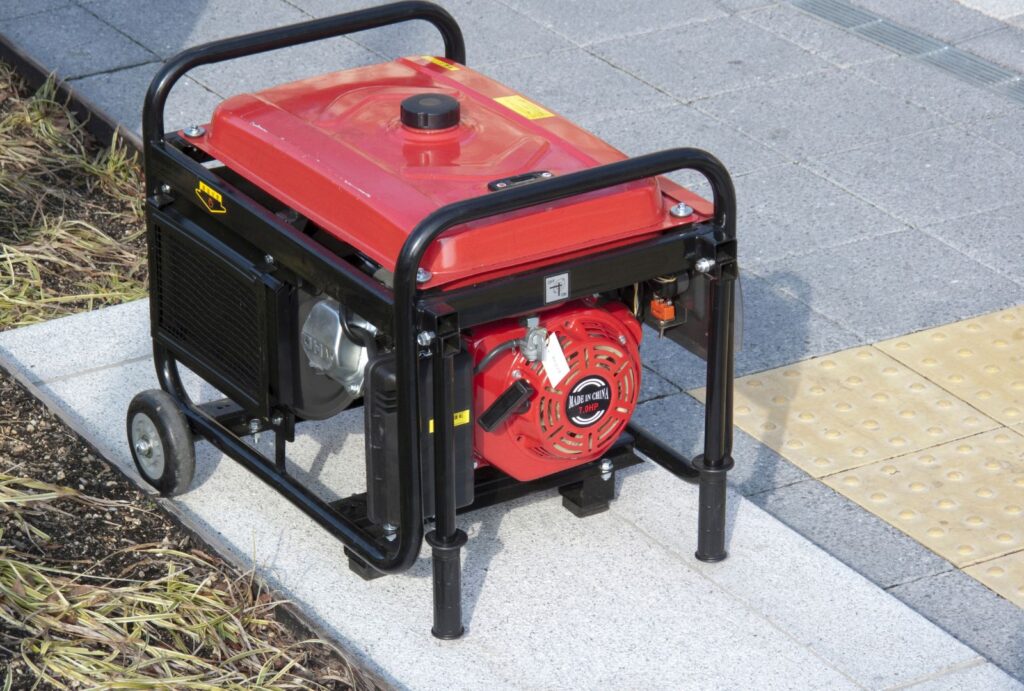 Keep Heat When the Power’s Out: Safely Running an Oil Furnace on a Generator
Keep Heat When the Power’s Out: Safely Running an Oil Furnace on a Generator
Fall windstorms and early snow can knock out power just when you need heat most. The good news: many oil furnaces and boilers can run during an outage—but only when connected the right way by a qualified electrician and checked by a heating technician. Here’s the high-level guidance.
The safe way (what’s OK)
- Use a transfer switch or approved interlock. A licensed electrician can add a manual transfer switch or panel interlock that cleanly switches selected circuits (including your furnace/boiler) to generator power. This prevents dangerous back-feed, protects equipment, and keeps the setup simple during a storm.
- Have your heating system checked. Ask a Scotia Fuels technician to confirm your burner/controls are generator-friendly and advise on surge protection. We’ll also make sure your furnace circuit is clearly labelled for the electrician.
What’s not safe (hard NO’s)
- No back-feeding through a dryer outlet or “home-made” cords. It’s illegal and can seriously injure utility crews and damage your home.
- No indoor generator use—ever. Garages, porches, and open doorways are still unsafe.
- No improvising with random outlets or power bars. Your furnace should be on a dedicated, electrician-approved circuit.
Carbon monoxide (CO) & placement
- Run generators outdoors only, at least 20 feet from doors, windows, and vents, with exhaust pointed away from the house.
- Install CO alarms on every level and test batteries before storm season.
Simple outage game plan
- Before storms: Book an electrician for a transfer switch or interlock, then book a Scotia Fuels tune-up to review the furnace connection.
- During an outage: Start the generator outside, let it stabilize, then use the transfer switch to power essential circuits (furnace/boiler, a few lights, fridge).
- When power returns: Switch back to utility power at the transfer switch before shutting the generator down.
Sizing & expectations (keep it simple)
Your electrician will advise on generator size for your home. Most households choose a portable unit to run heat plus a few essentials, or a standby generator for automatic, whole-home coverage. The key is not the exact watt numbers—it’s having a properly installed, safe connection.
Need help getting set up?
Scotia Fuels can coordinate with your electrician to confirm your heating system’s compatibility with generator power and ensure you’re storm-ready. Book your preseason visit or ask about Automatic Delivery so your tank is topped up before the next nor’easter.
Call 902-453-2121 or visit scotiafuels.com/contact-us.
